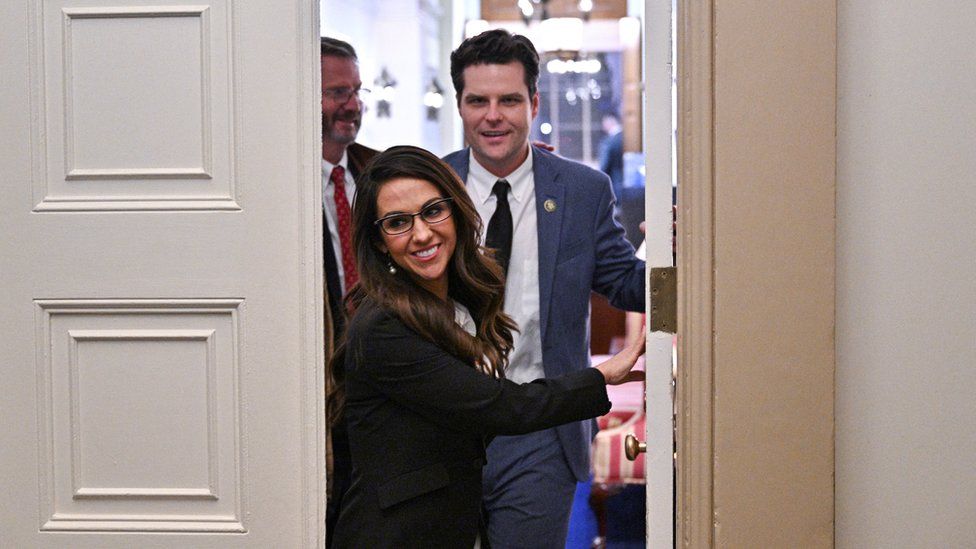Politics
Kevin McCarthy Claims He Finally Has the Votes to Clinch Speakership

Republican Kevin McCarthy insisted he has the votes to be elected Speaker of the House of Representatives after persuading a large number of party rebels to back his bid. McCarthy had lost a record 13 ballots in his bid to become Speaker by Friday afternoon, spread out over four days.
McCarthy told reporters on Capitol Hill as the House voted to adjourn until late Friday night, “I’ll have the votes.” When asked why he was confident, the California congressman replied, “Because I count.”
McCarthy struck a bullish tone after making a series of concessions to his critics, including rule changes that would make it easier to call for a vote of no confidence in a future Speaker, as well as promises of top committee assignments for members of the ultra-conservative House Freedom Caucus.
Those efforts swayed more than half of the 20 Republicans who had opposed his speakership in previous rounds, including North Carolina’s Dan Bishop and Florida’s Byron Donalds. McCarthy, however, was still short of the simple majority required to seize the Speaker’s gavel after the 13th round of voting on Friday.

Kevin McCarthy Short by Six
Scott Perry of Pennsylvania, a previous holdout who switched to support McCarthy in the 12th vote, tweeted after the vote, “We’re at a turning point. I’ve bargained in good faith with one goal in mind: to return the People’s House to its rightful owners. The framework for an agreement is in place, so I voted for McCarthy in a good-faith effort to restore the People’s House.”
However, six members of his own party remained steadfast and defiant, sabotaging his chances of taking the gavel in the House in the first round of voting on Friday.
Bob Good, a Virginia Republican who has been among the dissidents, told the FT on Friday morning that he would not support McCarthy “at any time”.
“The whole reality is he doesn’t have 218, he’s not going to have 218, and the sooner he admits that, the sooner we can move forward as a conference and begin to debate, vet, and assess… [alternative] candidates,” he said.
Good expressed support for Ohio Republican Jim Jordan as Speaker, but suggested that other members suggest Steve Scalise, a Louisiana Republican and member of the House Republican leadership, as a possible candidate. “There are members who support him; I believe they should put forward his name, nominate him, and vote for him.”
Even though McCarthy had made significant concessions in recent days, Good said there was still a significant lack of “trust” in his willingness to follow through on them.
“He doesn’t believe in any of the things he’s agreeing to do, so he’d be doing them only under duress,” Good explained.
Republican infighting and tensions
The last time more than one round of voting was required to select a Speaker was in 1923, when nine ballots were cast. The House is required by law to select a Speaker and cannot proceed with legislative business until someone is given the gavel.
The Republican infighting has exposed long-simmering tensions in a party that is trying to figure out how to move forward after a relatively poor showing in the midterm elections in November.
McCarthy is in a difficult position, in part because the “red wave” predicted by McCarthy and others did not materialize, and Republicans now control the House by a razor-thin margin.
The gridlock in the House has also raised concerns about how Congress will operate over the next two years, and whether McCarthy or any other Speaker will be able to bring the party’s warring factions together to pass any legislation.
The possibility of a debt ceiling crisis later this year is one looming threat. Economists predict that the US economy will default in the third quarter if lawmakers do not agree to raise the borrowing limit.




































